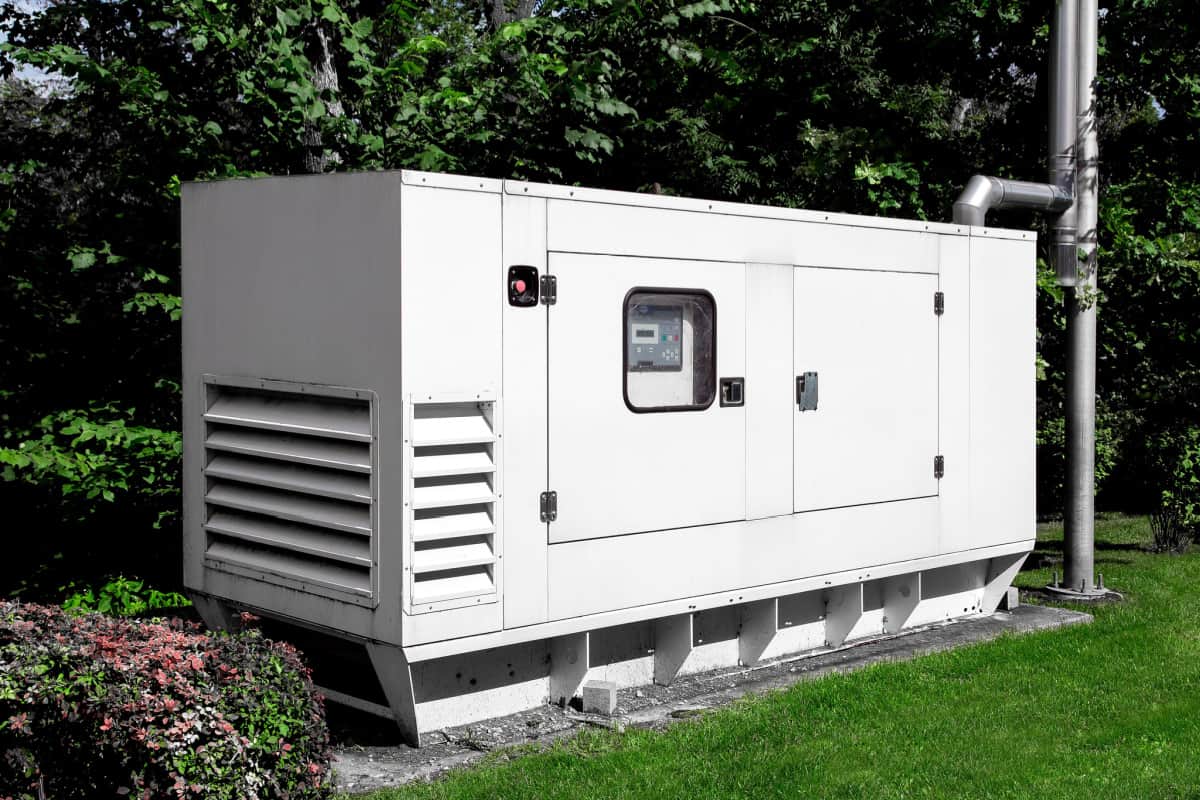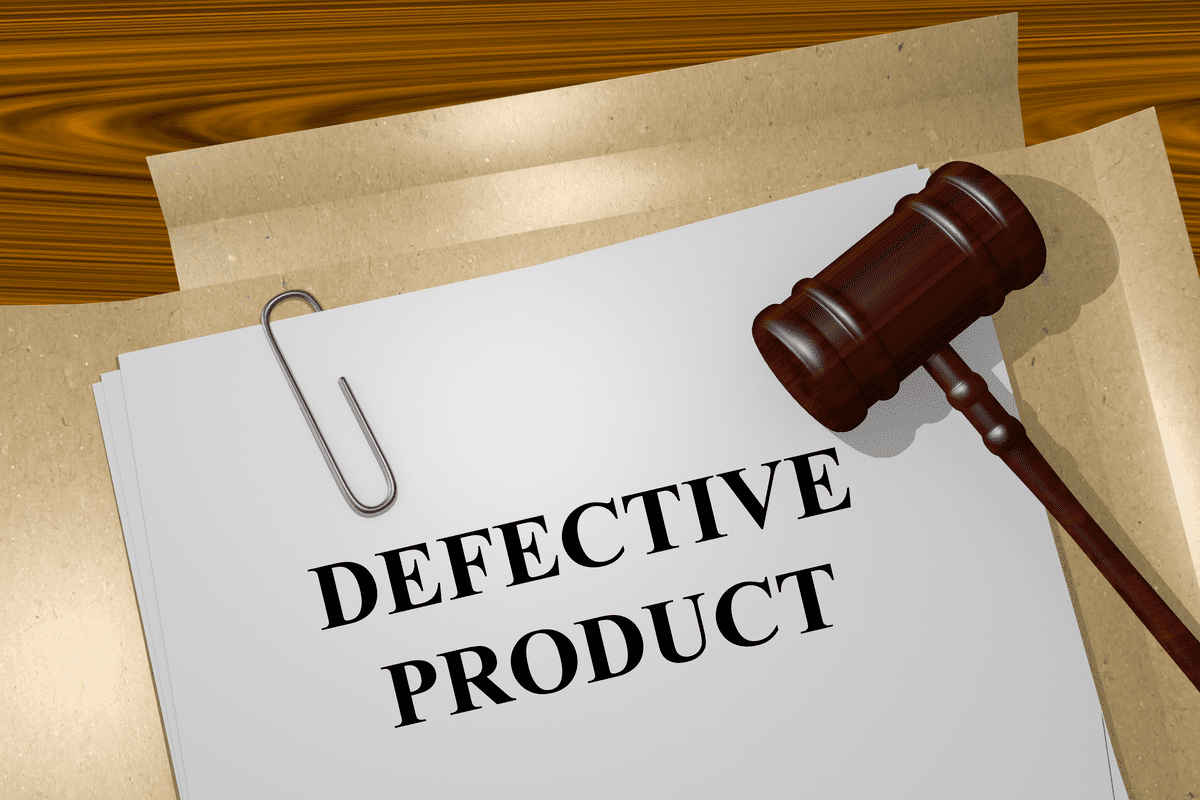
Carbon monoxide (CO) is an odorless, invisible gas that is so toxic it can kill a person after only a few minutes of concentrated exposure. Gas-powered, portable generators produce carbon monoxide in sufficient quantities to poison and kill consumers who may misuse the device while not fully understanding the risk. Although manufacturers have implemented safety measures designed to reduce the incidence of CO poisoning, consumer protection advocates say they do not go far enough and want stricter safety standards imposed.
People are exposed to low doses of carbon monoxide all the time. Carbon monoxide is in the air we breathe in varying concentrations. CO is a byproduct of the burning of carbon-based fuels. As long as the ventilation is adequate CO is not able to accumulate in amounts sufficiently concentrated to be critically harmful. But when fuel-burning appliances do not have proper ventilation, concentrations of CO can build up and quickly become deadly.
According to the Centers for Disease Control and Prevention (CDC), emergency rooms treat about 20,000 people each year in the United States for carbon monoxide poisoning, and close to 500 people die after CO exposure. Carbon monoxide poisoning is the leading cause of death by poisoning.
Exposure to carbon monoxide can result in a variety of symptoms depending on the CO concentration levels. The Consumer Product Safety Commission (CPSC) says the symptoms of low-level carbon monoxide exposure can mimic the flu without the fever.
As CO concentration levels increase, symptoms become more severe:
People are exposed to small amounts of carbon monoxide from instruments and appliances used in everyday living. Vehicles that burn fossil fuels emit CO, but the primary risk for carbon monoxide poisoning comes from the operation of gas generators used as auxiliary power sources and fuel-burning appliances used to generate heat.
Power outages are an anticipated occurrence during hurricane season in Louisiana. Generators can provide auxiliary power for homes and businesses that may experience long blackout periods. Each time there is increased use of gas-powered generators, the number of carbon monoxide poisoning incidents also increases.
In 2020, there were 15 deaths associated with Hurricane Laura. The majority of the deaths occurred from carbon monoxide poisoning due to the improper use of a generator. Five people in one household were fatally poisoned by CO from a generator that was running inside an attached garage.
In 2021, 81 Louisiana residents died of carbon monoxide poisoning, and hundreds were sent to area hospitals, according to the Louisiana Department of Health (LDH). LDH advises those who use generators to observe the following safety guidelines to avoid accidental CO poisoning:
In response to safety concerns, manufacturers of portable generators have developed technology to help reduce the risk of carbon monoxide poisoning. One innovation is a CO monitoring device that is programmed to shut off a portable generator if dangerous concentrations of carbon monoxide are detected within the operating area of the generator.
Manufacturers selling portable generators equipped with the shut-off feature have claimed it would prevent 99% of consumer deaths by carbon monoxide poisoning. But reality has shown those claims may not provide the safety consumers are expecting.
In the wake of Hurricane Ida in September of 2021, a Louisiana family succumbed to carbon monoxide poisoning when the shut-off switch on their brand-new generator failed to turn the machine off. The generator had been placed outside the family’s back door to power indoor appliances overnight. When emergency responders discovered the family the following morning, the generator was out of fuel, and the power switch was in the ‘on’ position.
The problem, according to an investigation done by the CPSC, was that the generator was outside the home, and its CO detection mechanism could not measure the build-up of carbon monoxide inside the home. The CPSC concluded the switch shut-off technology could not be relied on to prevent CO poisoning under all circumstances.
The CPSC has been in favor of mandatory rules requiring generator manufacturers to create machines that expel less carbon monoxide. The holdup has been the federal laws giving the first crack at resolving the problem to the manufacturers themselves. Manufacturers have now had several years to create and implement an industry solution.
After its conclusions about the effectiveness of the shut-off sensor, the CPSC determined that manufacturers have not voluntarily done enough to prevent carbon monoxide poisoning from gas-powered generators. The agency plans to recommend the adoption of laws requiring all manufacturers to meet specific safety standards.

When people are injured by products while using them in a way that could be reasonably anticipated by the manufacturer, they may have a product liability claim. In Louisiana, if something about a product makes it ‘unreasonably dangerous,’ the manufacturer of the product may be liable to an injured consumer.
Under the Louisiana Product Liability Act, a product is considered unreasonably dangerous only in the following circumstances – the product is unreasonably dangerous:
Whether a manufacturer of a portable generator can be liable for carbon monoxide poisoning may depend on the specific circumstances leading to consumer injury or death. Product liability cases can involve complex issues that require specific legal knowledge and experience to evaluate and resolve successfully.
Contact the skilled and knowledgeable attorneys at Charbonnet Law Firm today, or call our office at (504) 294-5075 and learn how we can help you with your case.

With over 50 years of legal experience serving families in the New Orleans area and surrounding Louisiana communities, our firm takes pride in providing clients with personalized legal services tailored to individual needs.